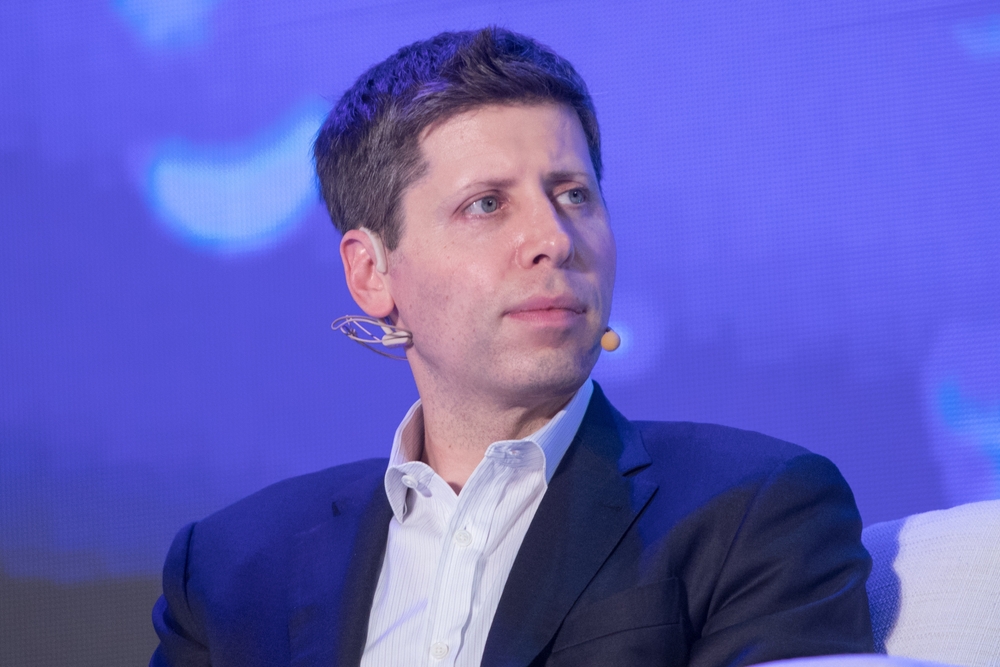
Sam Altman, CEO of OpenAI, has been vocal about how artificial intelligence will reshape the future. In a recent and rare personal blog post, Altman painted a bold and optimistic picture of the world with AI, declaring that the future will be “so bright that no one can do it justice by trying to write about it now.” His post is a deep dive into his personal vision of a future where AI reaches superintelligence, a level where it surpasses human intelligence.
A Race Toward Superintelligence
Altman predicts that superintelligence could emerge within the next few thousand days, though he acknowledges it could take longer. Yet, he remains confident, stating, “We’ll get there.” This milestone would mark a pivotal shift in the relationship between humans and technology. According to Altman, AI systems could go beyond their current capabilities to function as autonomous personal assistants—not just for scheduling tasks, but for performing complex roles like coordinating medical care.
“AI Will Advance Science”
One of the most profound benefits Altman foresees is AI’s ability to accelerate scientific progress. He envisions a world where AI assistants will become indispensable in helping us create the next generation of technologies. These advanced AI systems will enable breakthroughs in medicine, technology, and engineering, allowing humans to reach levels of achievement previously unattainable.
The Challenges: Infrastructure and Labor Shifts
While Altman is largely optimistic, he acknowledges significant challenges. The infrastructure needed to power advanced AI will be costly, both in terms of energy and the production of specialized chips. If this infrastructure isn’t developed rapidly enough, AI could become an exclusive resource for the wealthy, exacerbating global inequalities.
“If we don’t build enough infrastructure, AI will be a very limited resource that wars get fought over and that becomes mostly a tool for rich people,” Altman warned. His message stresses the importance of global cooperation in building the physical and technological backbone that will support future AI systems.
The Labor Market: Not All Doom and Gloom
One of the more contentious aspects of AI development is its impact on the labor market. While many fear that AI will lead to massive job displacement, Altman strikes a more hopeful tone. He believes that, although there will be significant shifts in labor markets, the rise of AI doesn’t mean humans will “run out of things to do.” Instead, new forms of labor and creative pursuits will emerge, transforming how people engage with work and society.
Looking Ahead: Optimism with Caution
Altman’s vision of the future, while largely positive, is not without its critics. Some fear that AI could dominate rather than assist humanity, potentially leading to dystopian outcomes. Nonetheless, Altman believes that with proper planning and ethical guidelines, AI will serve as a powerful tool to improve life on Earth.
As AI continues to evolve, the coming years will likely provide more clarity on how this revolutionary technology will shape our world. For now, Altman remains at the forefront of the conversation, driving forward with a vision of AI that empowers rather than diminishes human potential.
For more on Sam Altman’s perspective, read the full story on Neowin.

 Get in Touch
Get in Touch 


